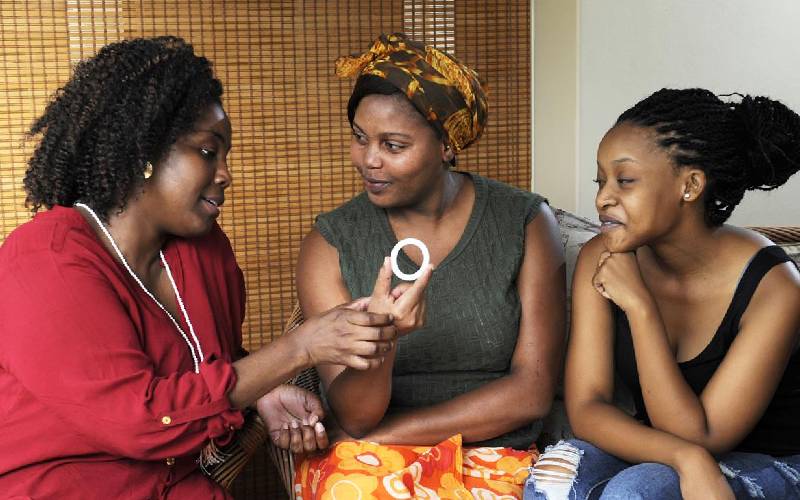
Ever since the first case of Covid-19 was reported in Wuhan, China, researchers across the globe have been working to find an elixir that will bring an end to the global pandemic. While much attention seems to have been turned to the novel coronavirus, scientists have made major breakthroughs in fighting yet another gigantic disease: HIV and Aids.
Over the past few months, the world has marked three major milestones in the prevention and treatment of a disease that has infected approximately 38 million people in the world.
Facts First
This story continues on The Standard INSiDER. Subscribe now for unfiltered journalism that holds power to account.
Already have an account? Login
 The Standard Group Plc is a multi-media organization with investments in media
platforms spanning newspaper print
operations, television, radio broadcasting, digital and online services. The
Standard Group is recognized as a
leading multi-media house in Kenya with a key influence in matters of national
and international interest.
The Standard Group Plc is a multi-media organization with investments in media
platforms spanning newspaper print
operations, television, radio broadcasting, digital and online services. The
Standard Group is recognized as a
leading multi-media house in Kenya with a key influence in matters of national
and international interest.











